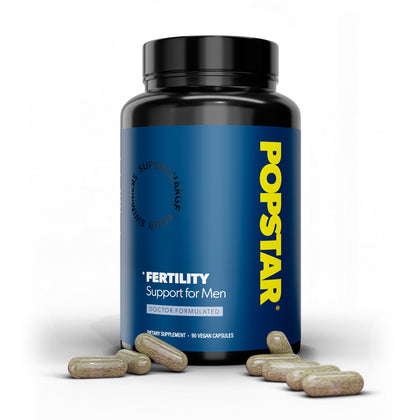

Infertility is a deeply personal and often challenging journey that many couples face. While various factors can contribute to difficulties in conceiving, one often overlooked issue is the presence of varicoceles in men. Varicoceles are a common but treatable condition that can significantly impact male fertility. This blog will explore varicoceles, how they affect fertility and available treatment options.
What are Varicoceles?
Varicoceles are enlarged veins within the scrotum, the pouch of skin and muscle that houses the testicles. These veins become dilated and swollen due to the improper functioning of the valves that regulate blood flow. The result is blood pooling in the veins, leading to increased pressure and elevated temperatures in the testicles.
How Varicoceles Impact Male Fertility
Temperature Regulation:
The testicles require a slightly lower temperature than the rest of the body for optimal sperm production. Varicoceles can disrupt this temperature balance, causing an increase in testicular temperature. Elevated temperatures within the scrotum can negatively impact sperm production, motility, and morphology.
Blood Flow and Oxygenation:
Varicoceles can compromise blood flow to the testicles, reducing the amount of oxygen and nutrients delivered to the sperm-producing cells. This inadequate blood supply may result in oxidative stress, damaging sperm and impairing their ability to fertilize an egg.
Hormonal Imbalance:
Varicoceles may disrupt the hormonal environment necessary for proper sperm production. This imbalance can affect the levels of hormones such as testosterone, further impacting sperm quality.

Diagnosing Varicoceles
Varicoceles are often diagnosed through a physical examination by a urologist or reproductive specialist. The doctor may conduct additional tests, such as scrotal ultrasound or Doppler ultrasound, to confirm the presence and severity of the varicoceles.
Treatment Options
Observation
In some cases, especially if the varicoceles are not causing significant symptoms or fertility issues, a "watch and wait" approach may be recommended.
Surgical Repair
Varicocelectomy, a surgical procedure to ligate or redirect the dilated veins, is a common and effective treatment option. This surgery aims to restore proper blood flow and reduce testicular temperature, improving overall sperm quality.
Interventional Radiology
In some cases, a less invasive procedure known as embolization may be performed. This involves blocking the affected veins using a small catheter and coils, redirecting blood flow away from the varicocele.
Varicoceles represent a treatable factor in male infertility, and addressing them can significantly improve a couple's chances of conceiving. If you and your partner are experiencing difficulty getting pregnant, consulting with a healthcare professional, preferably a urologist or reproductive specialist, is crucial. By understanding and addressing varicoceles, couples can navigate the challenges of infertility with a clearer path towards building the family they desire.





